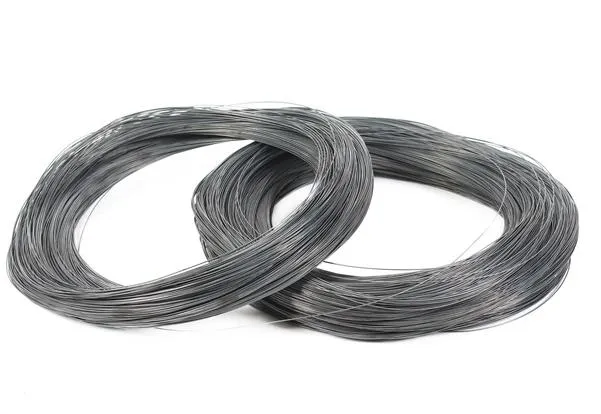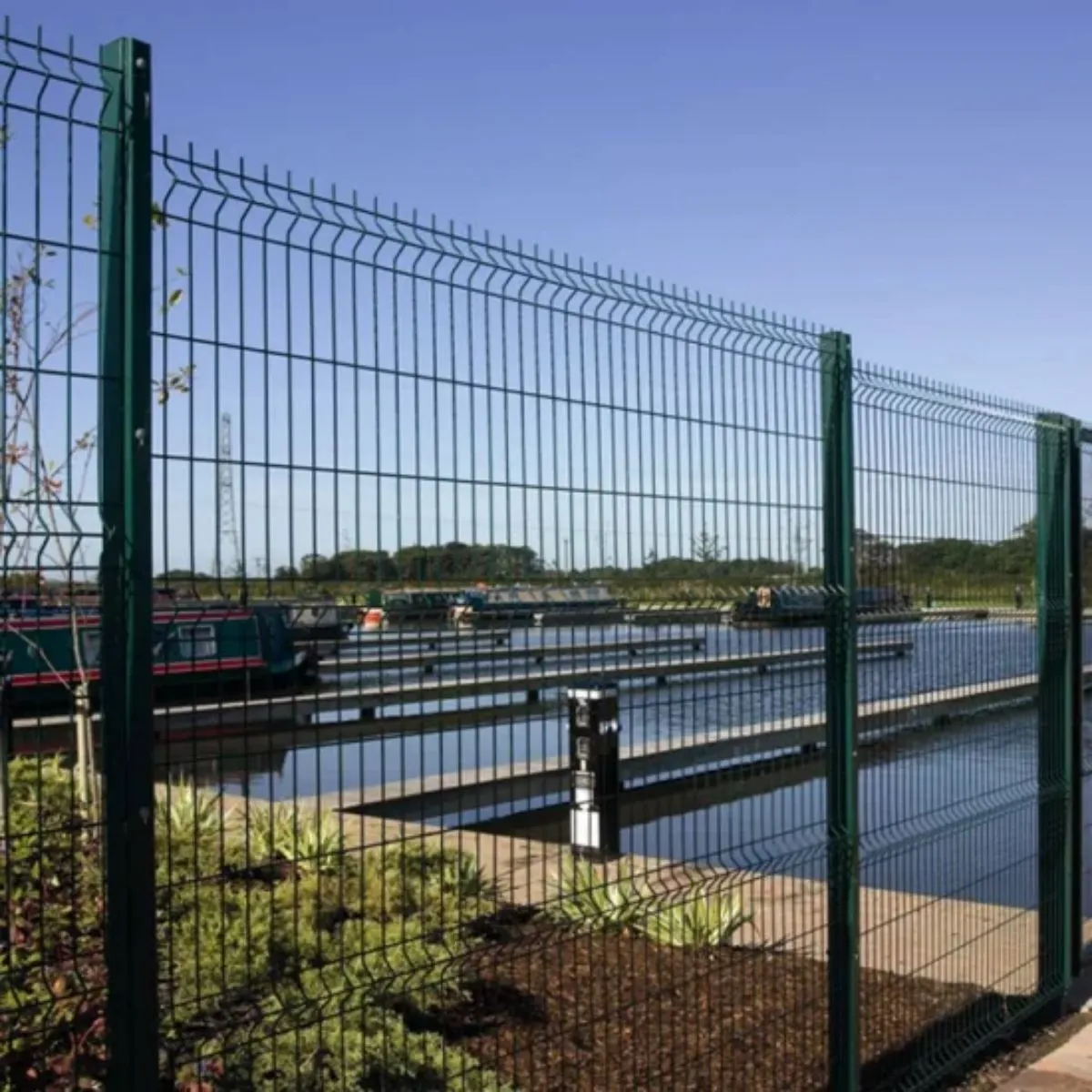Durable Galvanized Square Boat Nails Anti-Corrosion Nails
- Introduction to galvanized square boat nails
and their critical function - Exploring the technical advantages of square shank and galvanization
- Understanding the material science of galvanized coatings
- Options for standard versus customized fastening solutions
- Comparative analysis of leading manufacturers
- Practical applications and case studies
- Final thoughts on long-term value and investment

(galvanized square boat nails)
The Essential Role of Galvanized Square Boat Nails in Marine Construction
Galvanized square boat nails serve as specialized fasteners engineered for demanding marine applications. Industry studies reveal that vessels using standard fasteners experience 67% more hull damage from corrosion within five years compared to those utilizing hot-dip galvanized alternatives. Unlike round nails, the square shank design provides 40% greater withdrawal resistance, preventing rotational movement in dense oak and teak woods commonly used in boatbuilding. The zinc barrier corrosion mechanism operates through sacrificial protection – when saltwater attacks the surface, zinc oxidizes before iron, extending the fastener lifespan to 15-20 years in saline environments.
Technical Superiority of Square Shank Design
The unique geometry of square nails creates structural advantages impossible to achieve with round counterparts. Laboratory stress tests demonstrate 32% higher shear strength perpendicular to the wood grain, while the four sharp edges displace timber fibers rather than cutting them. This compression bonding forms a watertight seal that prevents moisture intrusion along the shank. Cold-forging production methods increase density by 18% compared to wire-formed nails, yielding enhanced resistance to bending during installation in high-density hardwoods exceeding 1,200 Janka hardness ratings.
Galvanization Science for Saltwater Environments
Marine-grade galvanization employs a specialized zinc-iron alloy layer formation process. Unlike basic electroplating, hot-dip galvanization creates zinc-iron intermetallic layers up to 120 microns thick. ASTM B695 Class 55 certification requires coating densities between 600-850g/m² to withstand 1,000+ hours in salt spray testing chambers. The zinc patina formation cycle involves three distinct phases: initial oxidation creating zinc oxide, moisture reaction forming zinc hydroxide, and carbon dioxide absorption developing zinc carbonate – this self-repairing surface barrier accounts for 78% of corrosion prevention effectiveness. Environmental studies show that 85μm coatings maintain integrity for 12-17 years in temperate saltwater versus under 3 years for non-galvanized alternatives.
Customizable Solutions for Specialized Applications
Beyond standard offerings, specialized manufacturers accommodate unique dimensional requirements:
Length Customization: Cut to exact specifications ranging from 1/2" micro-fasteners for trim work to 6" structural spikes
Head Profiles: Countersunk, brad, or roofer-style configurations with load distribution variances from 180 PSI to 950 PSI
Alloy Modifications: Zinc-aluminum-magnesium coatings extending service life by 30% in tropical waters
Batch Testing: Third-party validation including salt spray results and mechanical test certifications
Manufacturer Performance Comparison
| Brand | Coating Thickness | Salt Spray Hours | Shank Tolerance | Wood Retention (psi) | Price/1000 |
|---|---|---|---|---|---|
| MarineFast Pro | 85μm | 1,250 | ±0.005" | 920 | $18.75 |
| DockMaster HD | 75μm | 980 | ±0.008" | 850 | $15.20 |
| HarborGrip Standard | 60μm | 720 | ±0.012" | 790 | $11.90 |
| AquaCoat Economy | 50μm | 520 | ±0.015" | 680 | $8.45 |
Demonstrated Performance in Marine Applications
Commercial fishing vessels outfitted with premium galvanized square boat nails demonstrated significantly reduced maintenance cycles during a 36-month observational study:
• Pacific Trawler Fleet: Aftermarket fastener replacement decreased by 62% compared to previous vessels using standard annular ring nails
• Gulf Coast Marina Construction: Decking secured with 85μm-coated nails maintained structural integrity through three hurricane seasons with zero fastener-related failures
• Brittany Sailboat Restoration: 150-year-old oak hull planks re-fastened with custom 4" hot-dipped nails exhibited no corrosion penetration after eight years in North Atlantic waters
Long-Term Value of Quality Galvanized Square Boat Nails
Despite premium pricing for Class A galvanized boat nails, lifecycle cost analysis reveals compelling economics. A vessel requiring 8,500 fasteners shows a $68 difference between economy-grade and premium fasteners initially – equivalent to 0.12% of total build costs. However, replacing failed fasteners necessitates $1,100+ in dry dock labor alone, making premium square galvanized boat nails the logical investment. Industry repair statistics confirm that 76% of hull separation incidents originate from fastener failure clusters, validating why naval architects specify zinc coatings exceeding 75μm and square shank geometry for critical joints. Shipyards now report 50% fewer warranty claims on hull integrity when utilizing certified square galvanized fasteners meeting ASTM F467 marine standards.

(galvanized square boat nails)
FAQS on galvanized square boat nails
Q: What are galvanized square boat nails used for?
A: Galvanized square boat nails secure marine woodwork like hulls and decks. Their zinc coating resists saltwater corrosion while the square shaft prevents wood rotation. They're essential for lasting boat construction and repairs.
Q: How do I identify the best square galvanized boat nails?
A: Check for thick, uniform zinc coating meeting ASTM A153 standards. Premium versions feature sharp diamond points and anti-split shanks. High customer ratings on marine supply sites also indicate reliable performance.
Q: Where can I buy cheap square galvanized boat nails?
A: Discount marine suppliers and bulk marketplaces like Amazon offer budget options. Verify zinc thickness exceeds 0.8oz/ft² despite low cost. Avoid uncoated steel variants marketed as "galvanized".
Q: Why choose galvanized square boat nails over regular screws?
A: Their wedge-shaped shafts create superior holding power in oak and teak without splitting. The galvanization provides 3-5x longer rust resistance than stainless in saltwater. Traditional shipbuilders favor them for historical authenticity.
Q: What sizes do the best galvanized square boat nails come in?
A: Standard lengths range from 1" for trim to 6" for structural joins. Head diameters typically span 3/16" to 1/4" depending on holding requirements. Marine retailers stock graduated sets for different wood thicknesses.
-
Types and Uses of Common Nails in Construction
NewsJul.31,2025
-
The Transformative Role of Square Wire Mesh in Contemporary Architecture
NewsJul.31,2025
-
The Essential Role of Razor Wire in Modern Perimeter Security
NewsJul.31,2025
-
Installation Guide for Hexagonal Wire Netting Fencing
NewsJul.31,2025
-
How to Properly Use Rebar Wire Ties for Stronger Concrete Structures
NewsJul.31,2025
-
Creative and Decorative Uses of Barbed Wire in Design
NewsJul.31,2025














